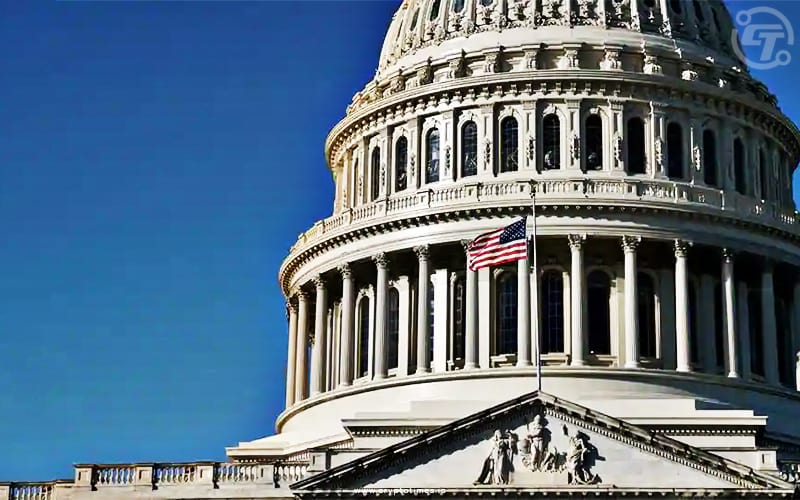In Brief:
- Law professor Abraham Sutherland details an overlooked amendments in the infrastructure bill
- Amendment requires a person, who receives more than $10,000 in cash, to report sender’s information to the IRS.
- The reporting to the IRS timeline is 15 days
- Failure in reporting can result in mandatory fines or 5 years in prison.
In August, a $1 trillion infrastructure bill passed within the Senate and is expected to be approved by the house. The infrastructure bill has a provision that promised to offer American crypto users new tax reporting requirements. The new report has been added to the infrastructure bill to pass in the house.
The Proof of Stake Alliance research report details the amendment to section 6050I of the tax code overlooked amendment to the tax code. The tax code should be struck when the bill is taken up in the House. This provision would apply to all Americans who receive any kind of digital asset, which has thus far escaped public or congressional scrutiny.
In the previous month, the much discussed provision expanded the definition of “brokers”. It requires brokers to comply with the proposed IRS reporting under the government tax code section 6045.
Writing as an advisor to the POSA, law professor Abraham Sutherland details how the infrastructure bill amends section 6050I of the tax code. The proposed amendment to section 6050l states that “any person who receives over $10,000 in digital assets must verify the sender’s personal information”. It includes a Social Security number and signs and submits a report to the government within 15 days. Failure can result in mandatory fines and can be a felony for up to 5 years in prison.
The proposal was written to discourage in-person cash transfers and to encourage the use of financial institutions for large transactions.
Sutherland notes that it is simply impossible because “the digital asset might not be ‘received’ from a person whose personally identifiable information can be verified and reported including cases where the digital assets are not received from a person or entity with a tax ID number, period.”
Sutherland also calls into question the process by which the amended IRS code will become law via a bill on a completely unrelated topic.“A statue creating felony crimes for users of digital assets should be debated openly, not quietly inserted into a spending bill.”






